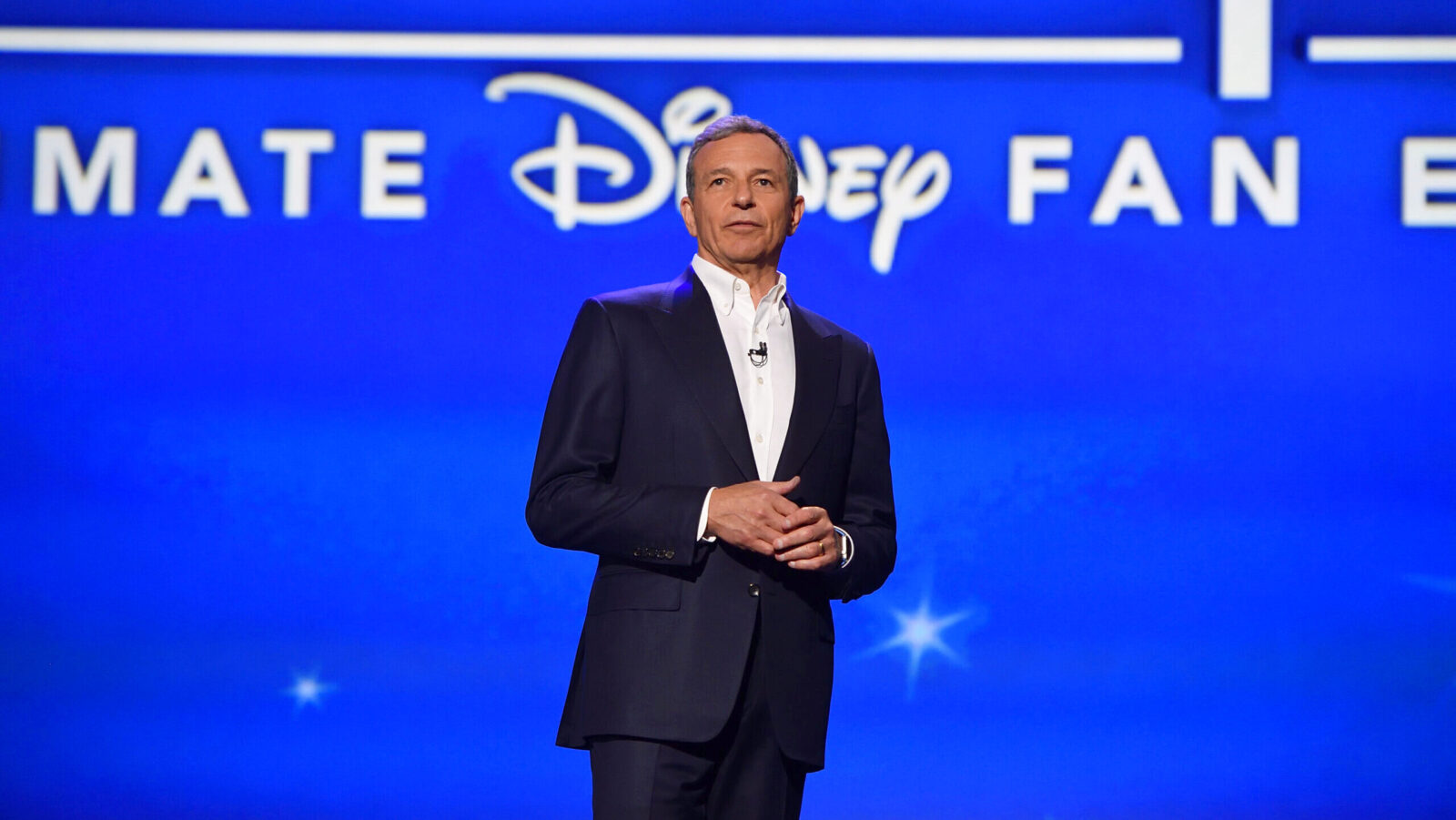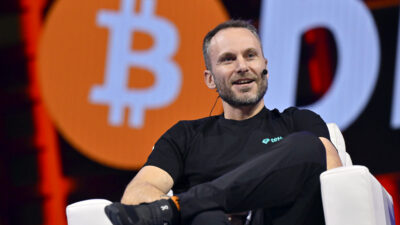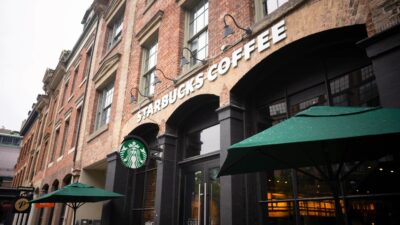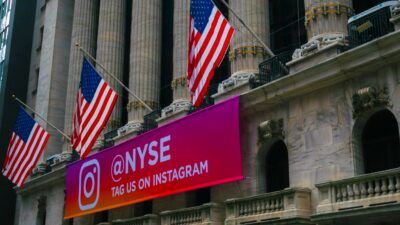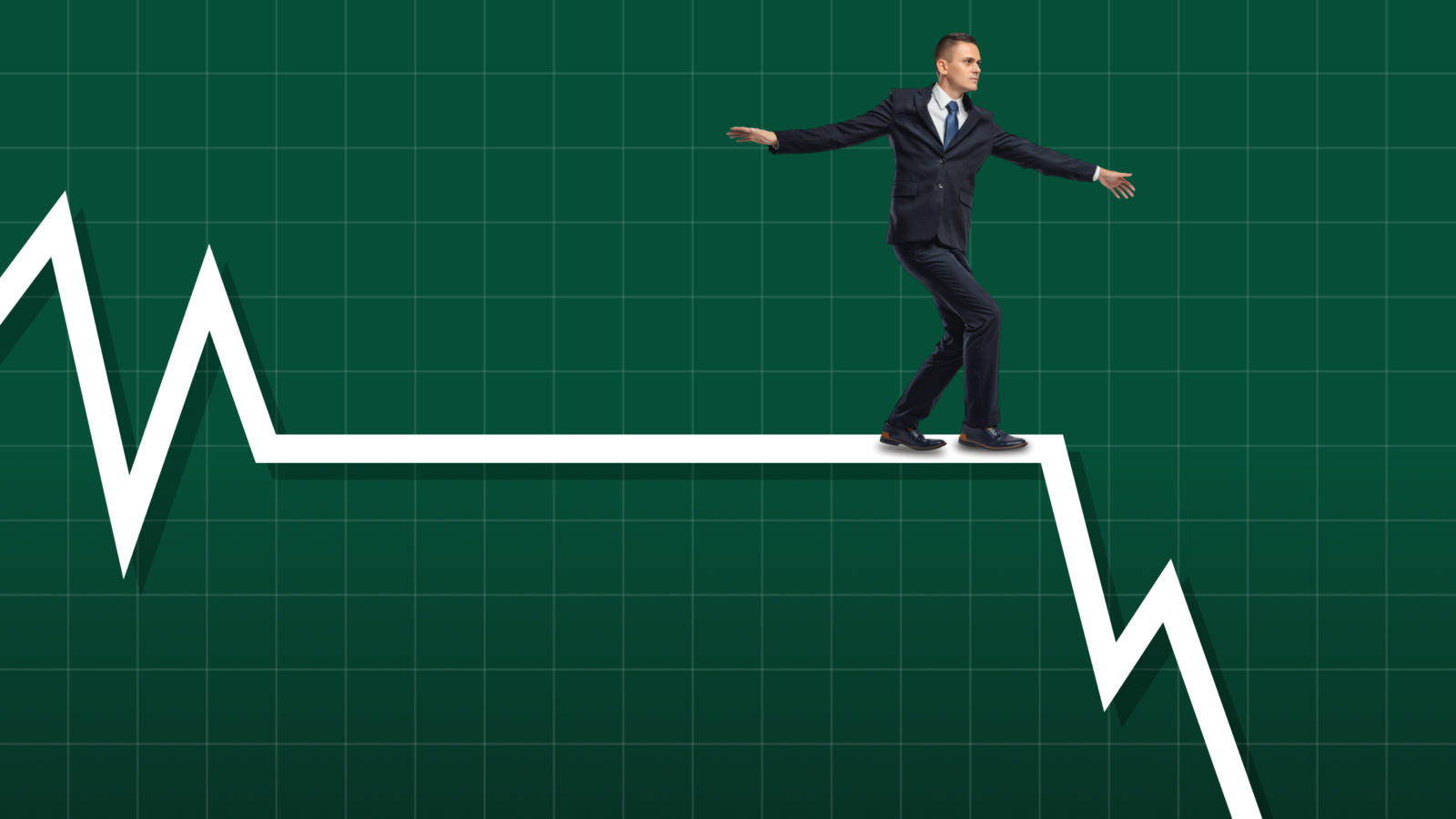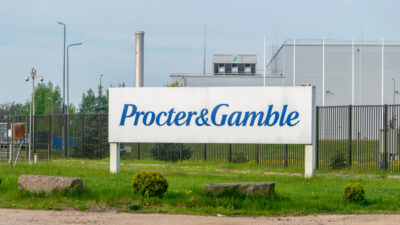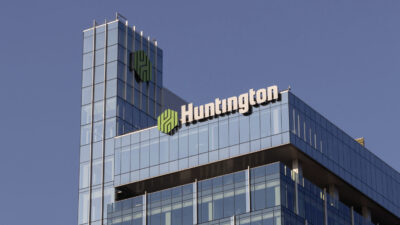Wall Street Leaders’ Fears of Froth Finally Bubble into Markets
Goldman Sachs CEO David Solomon and Morgan Stanley CEO Ted Pick warned of an equities drawdown on Tuesday at a summit in Hong Kong.
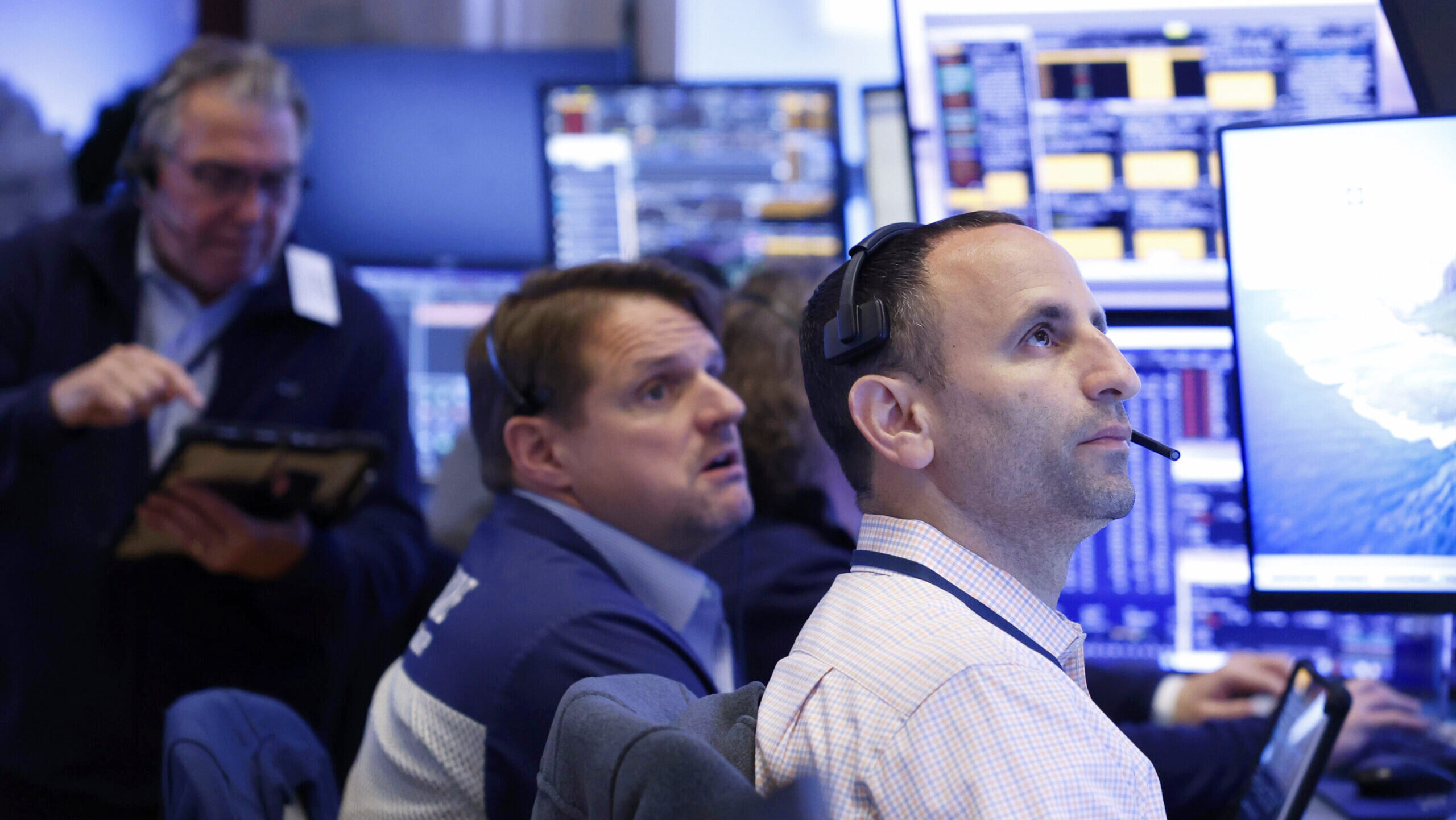
Sign up for smart news, insights, and analysis on the biggest financial stories of the day.
Last month, JPMorgan CEO Jamie Dimon said he considered himself “far more worried” about a significant stock market correction than his Wall Street colleagues. If markets were pricing in a one-in-ten probability of a correction, he’d peg it closer to one in three, he told the BBC.
The others are catching up, however. Goldman Sachs CEO David Solomon and Morgan Stanley CEO Ted Pick issued their own warnings of an equities drawdown on Tuesday at a summit in Hong Kong, which were enough to ignite valuation fears 8,000 miles away in New York.
Listen Up
You know why many believe there is a market bubble. The S&P 500 keeps setting record high after record high, and the index’s forward price-to-earnings ratio of 23.2 is well above its 10-year average of 18.6. Inflation remains elevated. Interest rates remain elevated. The ongoing US federal government shutdown is poised to become the longest ever today.
In recent weeks, however, markets have mostly shrugged off pronouncements from the International Monetary Fund, Fed Chairman Jerome Powell and Bank of England Governor Andrew Bailey that markets are frothy. Same with outgoing Berkshire Hathaway CEO Warren Buffett’s cautious moves from his Midwest perch in Omaha. But after Solomon told the Global Financial Leaders’ Investment Summit on Tuesday that “it’s likely there’ll be a 10% to 20% drawdown in equity markets in the next 12 to 24 months” and Pick agreed, adding he anticipates a 10% to 15% drawdown, investors seemed to take their forecasts to heart:
- The S&P 500 fell 1.2% Tuesday, and the tech-heavy Nasdaq Composite, which offers a better window into highly valued tech and artificial intelligence stocks, fell 2%.
- Tech giant Oracle and chipmaker AMD each fell 3.7%, Nvidia dropped 4%, Tesla tumbled 5.1% and Amazon declined 1.8%. Crucially, there were signs that the selloff was not a reflection of earnings but rather of broader valuation concerns in AI and tech. For example, software-maker Palantir slid 8% despite handily beating estimates and hiking its full-year guidance a day before.
The upside is that Solomon and Pick believe the drawdown will be relatively healthy, not crisis-level. “It’s not something that changes your fundamental, your structural belief as to how you want to allocate capital,” Solomon said. Pick added that the “possibility of drawdowns … that are not driven by some sort of macro cliff effect” is “welcome.”
Taking Private Credit: Equities aren’t the only assets that may be in line for a correction, attendees at the summit were told. UBS Chairman Colm Kelleher became the latest to express concern about the US insurance industry, which has made significant portfolio allocations to private credit. He said the industry is creating a “looming systemic risk” and criticized its use of small credit ratings agencies that only provide their ratings to a limited number of investors.
